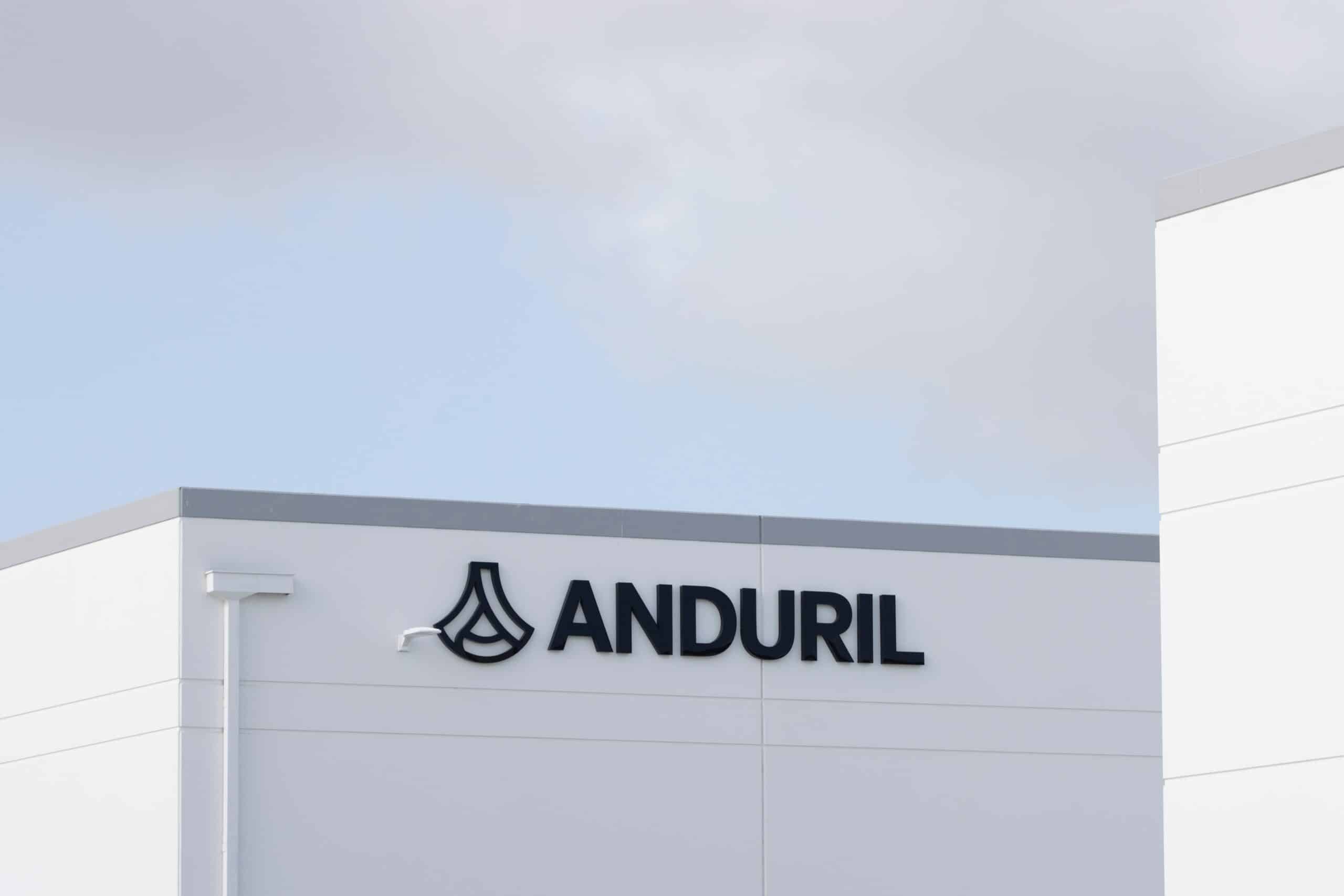
Incorporated less than a decade ago, defense and security technology company Anduril Industries has already shown it can compete with more established names in the defense sector. The startup recently landed a lucrative contract with the US Air Force ahead of such defense giants Boeing, Lockheed Martin, and Northrup Grumman. This was the latest and most significant contract win to date. With some serious financial muscle behind the company, it’s unlikely Anduril will rest on its laurels. This collection looks at some of Anduril’s most significant contract wins so far.
US Customs and Border Patrol

After a successful trial in 2018, Anduril was contracted to construct 200 surveillance towers along the US-Mexico border. The towers operate autonomously and can detect a person from 2.8 km (1.8 miles). More cost-effective and less intrusive than a physical barrier, the sentry towers have supporters from both sides of the aisle. Of course, they also have detractors. There are ethical as well as practical concerns over the sentry towers. Their presence forces migrants to take longer, more dangerous routes across the border, putting them at greater risk. Border patrol agents have pointed out that the towers have allowed them to rescue distressed groups detected by the towers. It has also been argued that the presence of the towers acts as a strong deterrent to attempting to cross the border in the first place.
Prevention through deterrence is hardly a new idea, however, it was an unsuccessful policy of the Clinton administration. While border security remains a hot-button topic in US politics, strengthening enforcement at the border is a largely bipartisan position. Orders have continued under the Biden administration. To date, Andruil’s contracts with the CBP are worth over $274 million.
Defense Innovation Unit
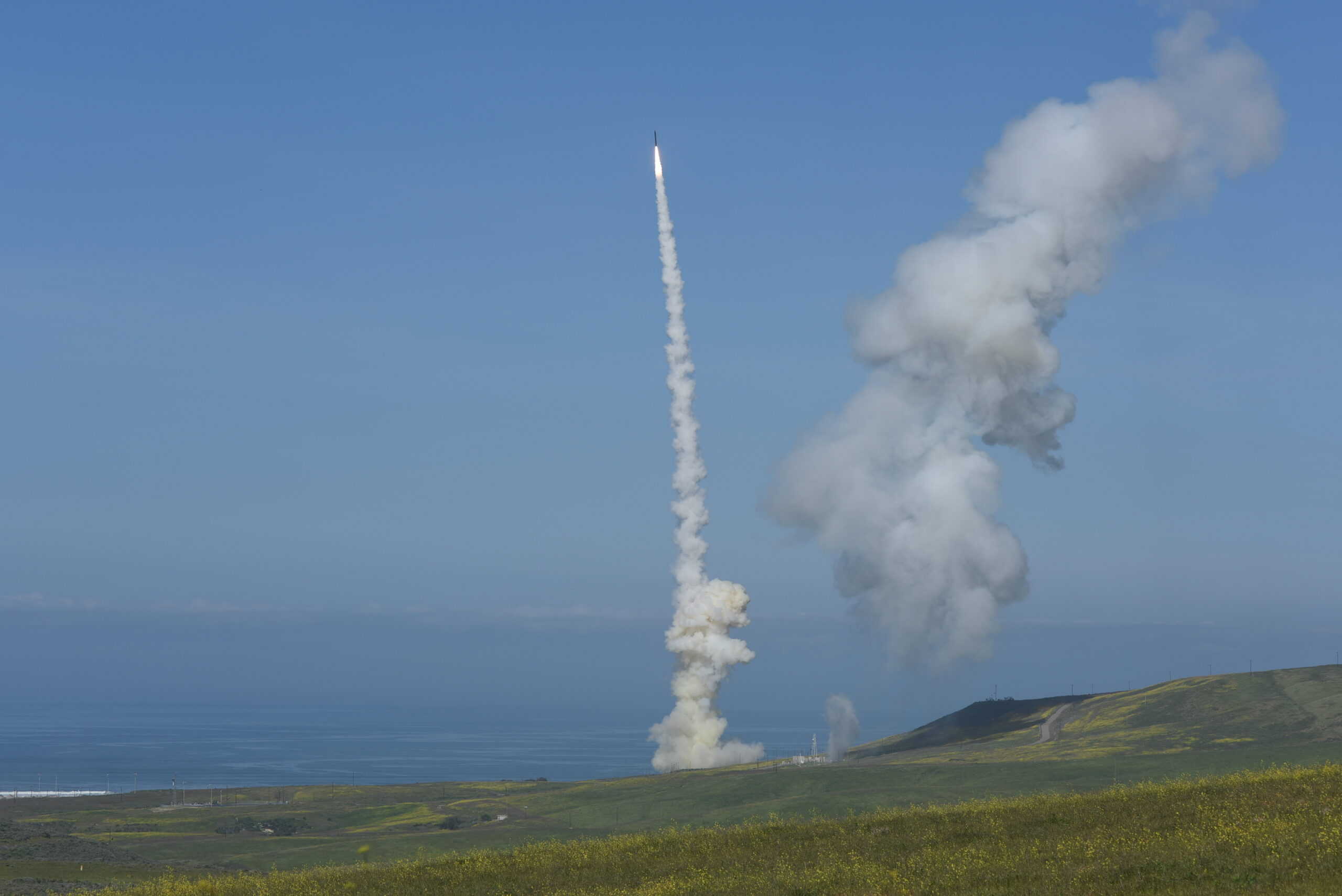
The Defense Innovation Unit (DIU) is a branch of the Department of Defense formed in 2015 for rapidly adopting cutting-edge commercial technology. The DIU awarded Anduril a five-year contract worth up to $99 million in 2021 to develop countermeasures against drones. The DIU also contracted Anduril for Dive-LD, its underwater drone, and software for the Army’s robotic combat vehicle program.
Royal Australian Navy
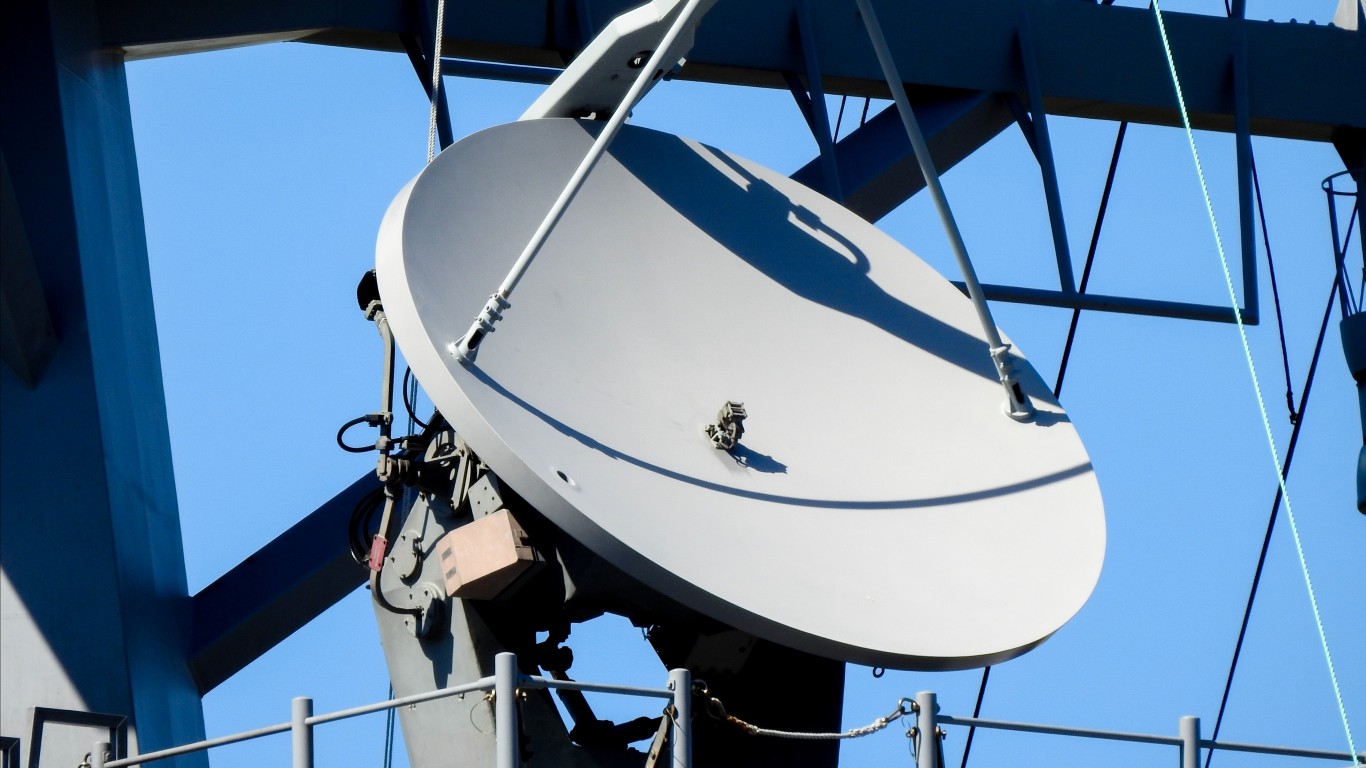
Anduril began negotiations with the Australian Navy to develop an underwater drone in a joint venture in May 2022 worth over $90 million. In April 2024, the company announced a prototype for the Ghost Shark program. The prototype was delivered ahead of schedule and on budget. A manufacturer-ready vehicle is slated to be ready by the summer of 2025. AUKUS, the trilateral security compact between Australia, the US, and the UK, may offer further undersea opportunities for Anduril.
Ministry of Defence (United Kingdom)

The British Ministry of Defence (MoD) awarded Andruil a £3.8m ($4.74m) contract as part of its TALOS initiative. Autonomous sentry towers powered by Anduril’s Lattice platform beefed up countermeasures against intruders and unmanned aerial systems for air force bases. A new 31-month contract worth an initial $21 million was agreed in 2023.
United States Marine Corps
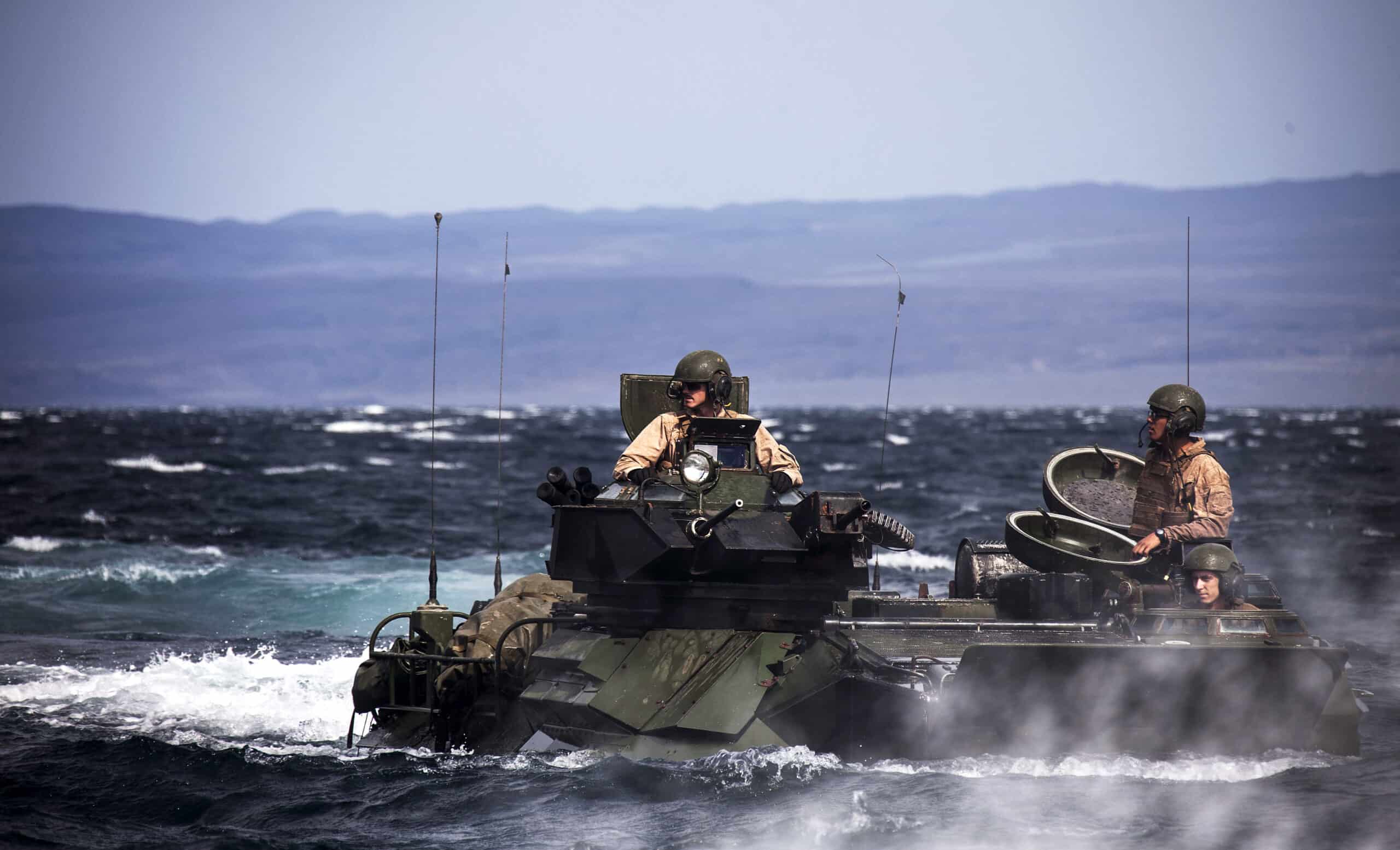
In 2019, the Marines contracted Anduril to enhance security on four bases in Japan, Hawaii, and Arizona. Anduril was the only company able to fully meet the Marine’s needs for updating permitter defense. In 2024, Anduril was one of three vendors selected by the Marines for a deal worth up to $249 million for its Organic Precision Fires program. Put simply, the idea is to develop a portable drone launched by a small unit (a squad or platoon) to provide aerial combat support.
United States Air Force
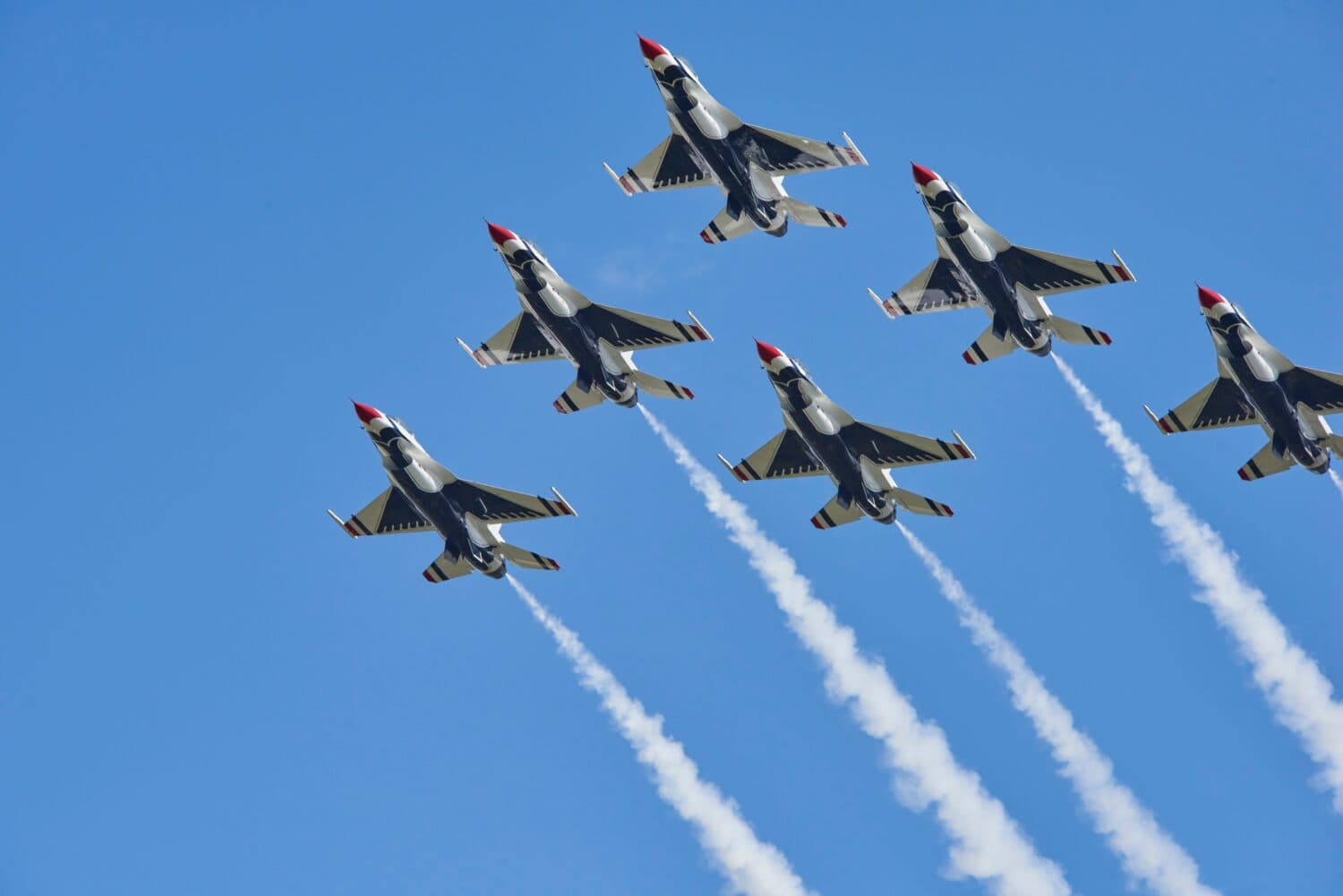
Anduril’s most important contract win came at the expense of far more established names in the defense sector. Air superiority has been the cornerstone of American military might since World War Two but the advent of cheap, one-shot drones threatens to disrupt the balance of power. Accordingly, the US Air Force has outlined a modernization program including unmanned aircraft. The Air Force selected Anduril and General Atomics to develop the next phase of its Collaborative Combat Aircraft (CCA) program. The idea is to have an autonomous unmanned aircraft to fly combat support missions. Initially, CCA will carry extra munitions for the F-22 and F-35, and then the upcoming sixth generation of fighters. The next stage, Increment 2, will carry out more complex operations. The program will spend up to $9 billion and build at least 1000 CCAs by 2029.
Though Anduril beat out the big names this time, they will be back in future rounds of development. A decision on which company will spearhead CCA production for the first increment will be made in 2026.
Conclusion
Defense spending in the United States has traditionally been a closed shop. A period of post-Cold-War consolidation led to just a handful of giants competing for government contracts. Anduril’s contract wins could open the path for more non-traditional vendors to bring much-needed innovation into the defense sector. However, the gap between the research and development phase and production, known as the “valley of death” remains a bone of contention between the Pentagon and Silicon Valley. Secretary of Defense Lloyd Austin is keen to bridge the gap though it remains to be seen if other tech companies will follow Anduril’s lead.
Get Ready To Retire (Sponsored)
Start by taking a quick retirement quiz from SmartAsset that will match you with up to 3 financial advisors that serve your area and beyond in 5 minutes, or less.
Each advisor has been vetted by SmartAsset and is held to a fiduciary standard to act in your best interests.
Here’s how it works:
1. Answer SmartAsset advisor match quiz
2. Review your pre-screened matches at your leisure. Check out the advisors’ profiles.
3. Speak with advisors at no cost to you. Have an introductory call on the phone or introduction in person and choose whom to work with in the future
Get started right here.
Thank you for reading! Have some feedback for us?
Contact the 24/7 Wall St. editorial team.
